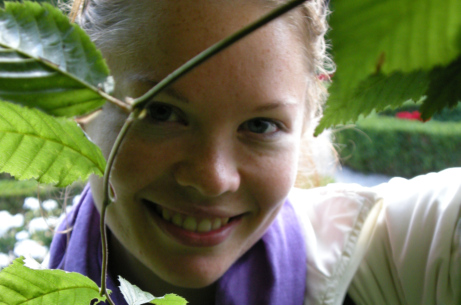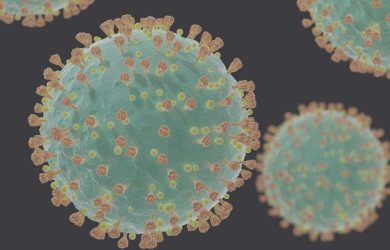
Danelle van Zyl-Hermann has won a prestigious history prize in South Africa linked to her PhD on the transition from apartheid to democracy in South Africa.
A Gates Cambridge Scholar has been awarded first prize for the best student contribution at the Historical Association of South Africa’s biennial conference.
Danelle van Zyl-Hermann [2010] was awarded the prize for a paper she presented at the conference in Pretoria about a part of the PhD research she is conducting at Cambridge.
The Historical Association of South Africa (HASA), founded in 1956, is the oldest academic historical society in South Africa.
The 2012 Biennual Conference was hosted by the University of Pretoria under the theme “Doing History” and attracted participants from across Southern Africa, Europe, the United Kingdom, the USA and Japan. It focused in particular on the new generation of young historians.
The Association says the best student paper was chosen according to the following criteria: an original argument, based on original research, which is systematically presented. The papers were judged by a committee consisting of Prof Johan Bergh (University of Pretoria, South Africa), Dr Barbara Henkes (University of Groningen, The Netherlands) and Dr Lindie Koorts (University of Pretoria, South Africa).
Danelle’s PhD focuses on the transition period from apartheid to democracy. She is interested in studying Afrikaner identity, particularly working class Afrikaners. Her research work to date has centred around the history of emotions. She believes the history of the emotions is underexplored in South Africa and has spoken at universities there to introduce the subject to students. “People prefer economic histories, for instance, but it is crucial to understand how ordinary people felt,” she says.












